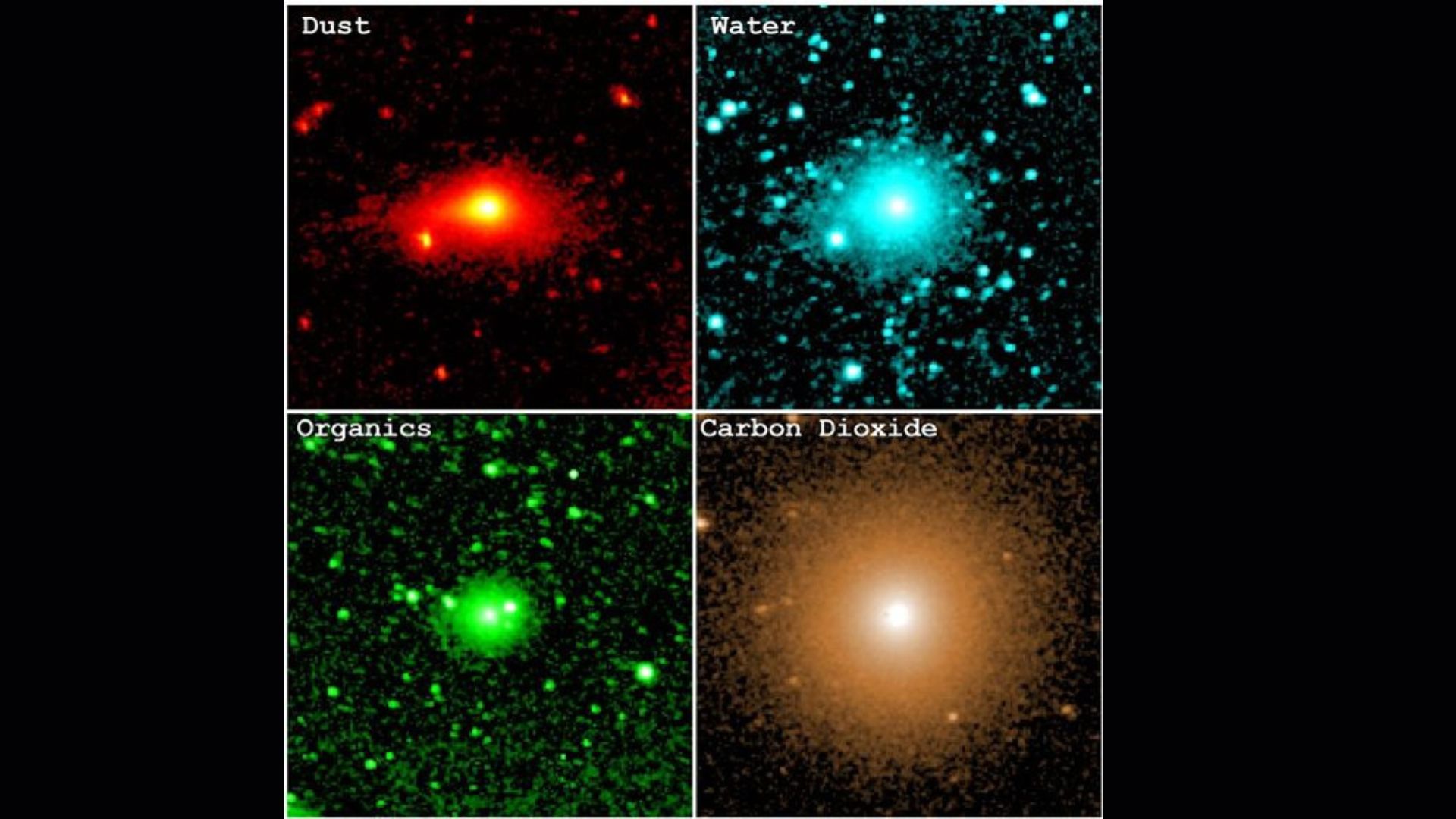Amnesia Patients Stuck in the Present

Get the world’s most fascinating discoveries delivered straight to your inbox.
You are now subscribed
Your newsletter sign-up was successful
Want to add more newsletters?

Delivered Daily
Daily Newsletter
Sign up for the latest discoveries, groundbreaking research and fascinating breakthroughs that impact you and the wider world direct to your inbox.

Once a week
Life's Little Mysteries
Feed your curiosity with an exclusive mystery every week, solved with science and delivered direct to your inbox before it's seen anywhere else.

Once a week
How It Works
Sign up to our free science & technology newsletter for your weekly fix of fascinating articles, quick quizzes, amazing images, and more

Delivered daily
Space.com Newsletter
Breaking space news, the latest updates on rocket launches, skywatching events and more!

Once a month
Watch This Space
Sign up to our monthly entertainment newsletter to keep up with all our coverage of the latest sci-fi and space movies, tv shows, games and books.

Once a week
Night Sky This Week
Discover this week's must-see night sky events, moon phases, and stunning astrophotos. Sign up for our skywatching newsletter and explore the universe with us!
Join the club
Get full access to premium articles, exclusive features and a growing list of member rewards.
As if losing their memories weren't bad enough, some amnesia patients can't imagine the future, either.
Scientists have known that damage to the brain's hippocampus, known to play a crucial role in learning and memory, can lead to amnesia. The hippocampus can be damaged when oxygen supply to the brain is temporarily cut off or by certain illnesses such as Alzheimer's disease. (Amnesia can also be caused by sudden head trauma, of course.)
In a new study of people with a damaged hippocampus, researchers asked the patients to describe plausible future events, such as a Christmas party or a future meeting with a friend.
"We found that the role played by the hippocampus in processing memory was far broader than merely reliving past experiences," said Eleanor Maguire of the University College London. "It also seems to support the ability to imagine any kind of experience including possible future events. In that sense, people with damage to the hippocampus are forced to live in the present."
Patients also reporting being unable to visualize an entire experience in their mind's eye, seeing instead a collection of separate images, Maguire said.
The hippocampus might provide the spatial context or environmental setting into which the details of our experiences are bound, Maguire and colleagues write this week in the Proceedings of the National Academy of Sciences.
- What is Amnesia?
- Top 10 Mysteries of the Mind
- Your Thoughts Really Are Scattered, Study Shows
- Animals Dream in Pictures, Too
- All About Memories
Get the world’s most fascinating discoveries delivered straight to your inbox.
 Live Science Plus
Live Science Plus











